Tim Blair
“We are all going to die, but when my time comes, I know that I left something positive behind - with creating Run for Kids Foundation."
Q. Tell us about yourself.
I am a father of two children, and I have a lovely wife – we have been together for almost 30 years. We’ve travelled with our children; they are adults now. We have travelled to Fiji, Nepal, Malaysia, Indonesia, just to name a few. We have close friends in Nepal, and we named our son after a friend from Nepal. There is a foundation called Tim Blair Run for Kids Foundation, it’s been running for 14 years now, dedicated to helping children who are going through cancer. We buy equipment for hospitals, to support them.
Q. How/why did you decide to start this foundation?
Fourteen years ago, my daughter, who was in primary school, came home and told me her friend had cancer. I decided to raise money for her, so I ran from Burnie to Devonport to raise money. That’s how it started. It started like a complete accident. Now, this organisation has grown so big, it has a committee and a lot of volunteers running it.
Our foundation has been involved with the Kids Cancer Project in Sydney since 2014 when I ran from Devonport to Bondi, we donate annually to TKCP and I now sit on the board of TKCP. The Kids Cancer has funded research into treatment and ultimately a cure for childhood cancer for 30 years. This year TKCP established a scholarship program, inviting scientists to apply with their groundbreaking research proposals. This journey has been nothing short of amazing, forging incredible connections and friendships along the way. Personally, I dedicate a significant amount of time to working closely with the paediatric ward at Hobart Hospital, further strengthening our commitment to making a meaningful impact in the lives of children battling cancer.
Q. Can you share some memorable moments or challenges you’ve faced during your various running challenges for charity?
They have all been different. When I ran to Sydney, there were times where I didn’t know that I was capable of doing that. It’s a mental challenge. If I were to offer advice to anyone, do not underestimate yourself. Every day is a challenge to get through the day, but when you are running 100 km for 8 days in a row, it’s going to be a massive mental challenge. The biggest challenge is to stay positive and believe that what we are doing is making a difference.
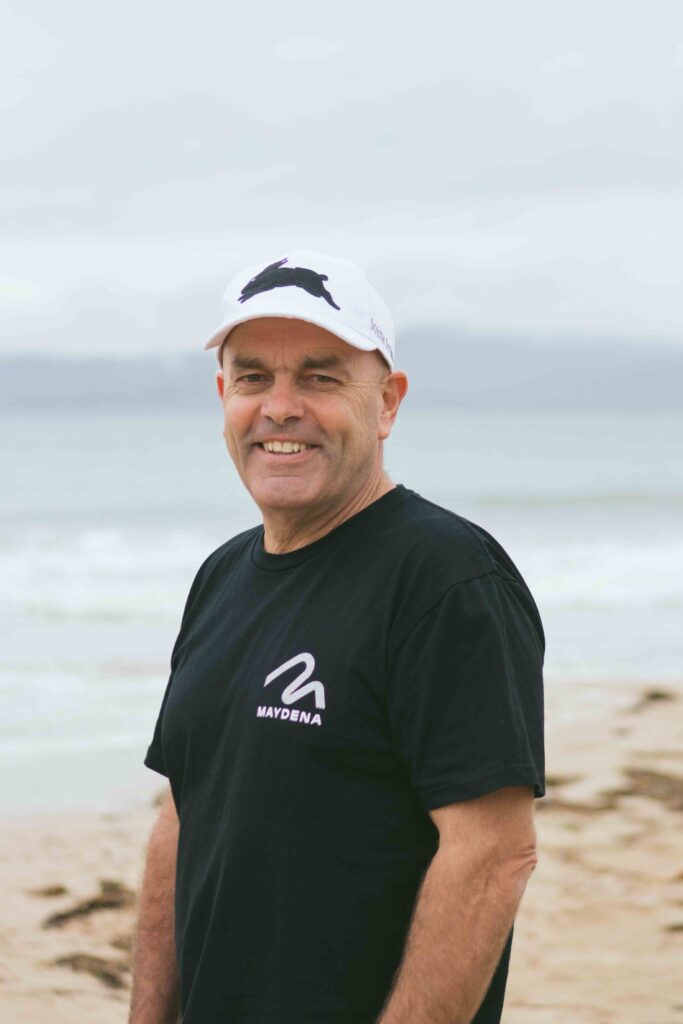
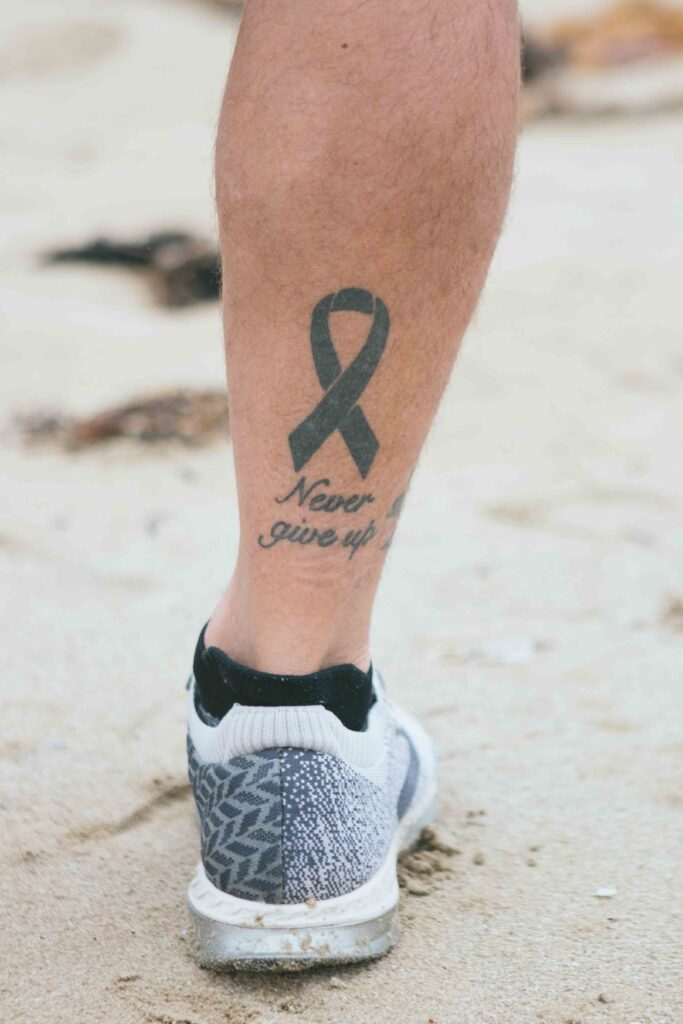
Q. How do you navigate and cope with doubts that arise, especially when forming relationships with children and families, and what drives your determination to continually support and make a difference in their lives?
You always have doubts, especially when you form relationships with children and families that you have helped, and when a child passes away, you really start to doubt if you are doing enough and if you should be doing more. I have a lot of moments like that from forming relationships with sick children and watching them pass away. I have to ask myself questions like that. We brought equipment for the ward in Hobart through meetings with the government and we have clinical trials now. Back in 2017, there weren’t clinical trials here in Tasmania. This year, after speaking with a head doctor in Hobart, 38 children have received clinical trials. If not, they would have needed to go to Melbourne or Sydney to receive a clinical trial.
Q. Why running?
A long time ago, I took up running for my health. I was diagnosed with epilepsy, so I decided to stay fit and healthier. The more I ran, the more I enjoyed it. That’s how I started running. A 5km marathon turned into a run from Devonport to Sydney, all for the foundation and the Kids Cancer Project.
Q: What motivates you to take on such challenging running endeavours in support of children with serious illnesses?
I honestly believe that there is a way to cure kids’ cancer. I don’t believe children should suffer in any way. That’s why I do it. It’s a passion, I suppose you can almost call it an addiction.
Q. What makes meeting a child or their family special for you, and how does it contribute to your motivation in your philanthropic efforts?
Meeting a child or the family is always special because it is so powerful; they are what keeps me going. The children are always so happy even though they are fighting life. That is something that I always cherish. They take time out to meet someone like me, so that is pretty special.
I honestly believe that there is a way to cure kids' cancer. I don’t believe children should suffer in any way. That’s why I do it. It’s a passion, I suppose you can almost call it an addiction.”
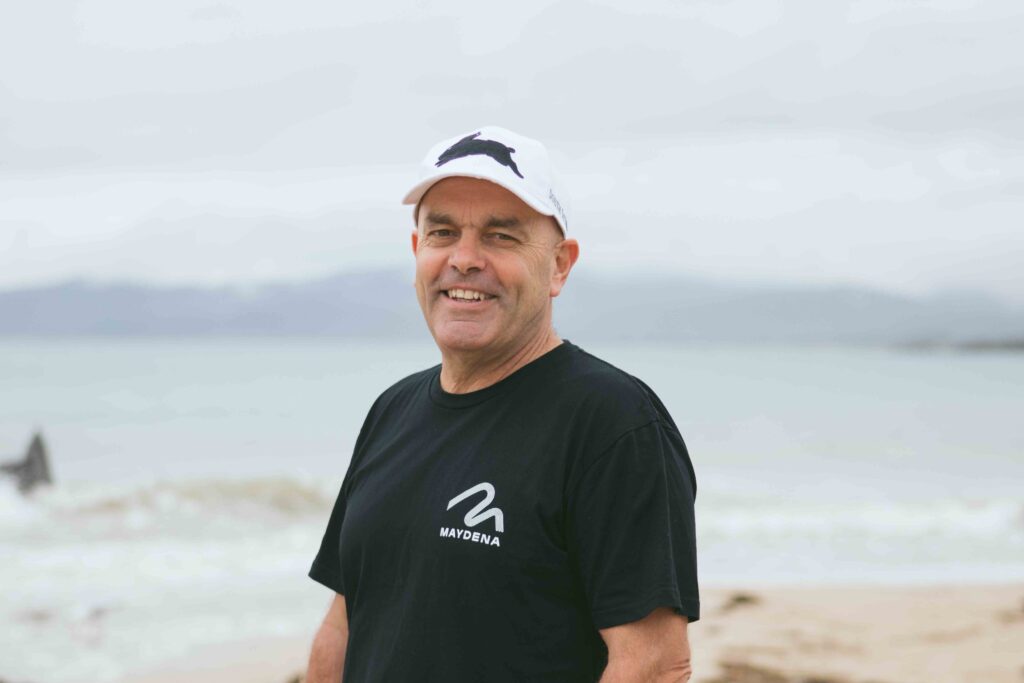
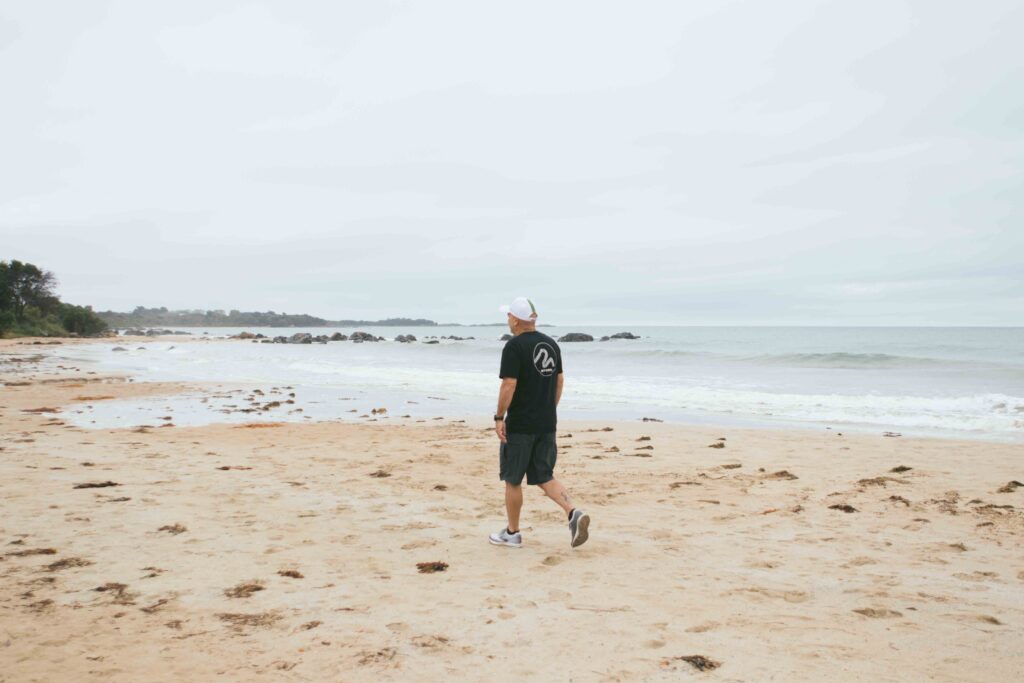
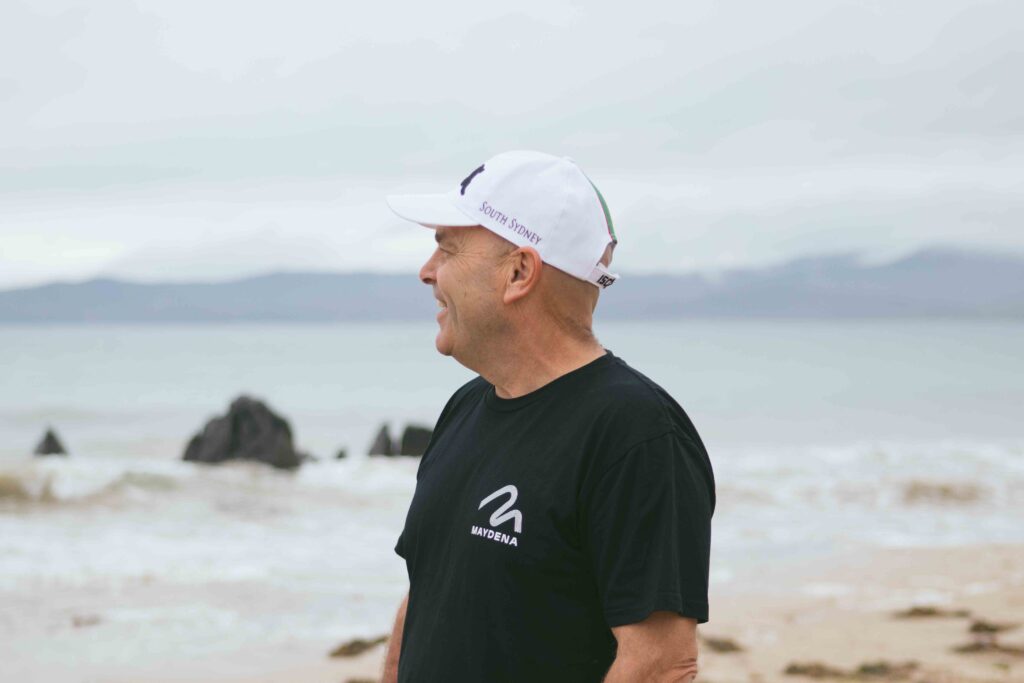
Q. What is a passion or hobby that brings you immense joy, and how did you discover it?
My family brings me joy. Mountain biking. General outdoor stuff. Travelling. Outdoor stuff. I just enjoy doing things. Being down at the beach and living where we live, I also enjoy going to Nepal and spending time with my friends.
Q: Is there a specific place in the world that holds special meaning for you, and why?
When I first travelled to Nepal in the 1990s, we got to know Raj, who we named our son after. We helped them open a business in Nepal called “Climb High,” employing Nepalese people, and the profits went into building schools in the Himalaya. Next year, my friend and I are going mountain biking in Nepal in the Mustang Valley. We will get to experience the untouched part of Nepal that is not westernised.
Moreover, our involvement with Nepal runs deep. In the past, we played a pivotal role in establishing a business named “Climb High” to support the local community. This venture has positively impacted over 100 Nepalese individuals by providing employment opportunities. Unfortunately, tragedy struck in 2009 when Raj’s wife fell and died while climbing Mount Everest, and Raj himself took his life in 2011. The ongoing challenges, exacerbated by the recent global pandemic, have led many local businesses, including “Climb High Himalaya,” to face hardship. Our current mission is to revive this business to its former glory, as it not only aids the local economy but also honours the memory of those who dedicated their lives to it. By encouraging people to visit Nepal, we aim to boost tourism, support local businesses, and contribute to the recovery and resilience of this beautiful country.
Q: Could you recount the experience of your first journey to Nepal in 1994 and how it became a life-changing moment?
The initial visit to Nepal holds profound significance for both Mandy and me. In 1994, the overwhelming generosity of the Nepalese people left an indelible mark on us. It was during this trip that we encountered Rajhen, a truly beautiful and kind soul.
Q: How do you handle and overcome challenges in your life, especially a big challenge?
I was diagnosed with epilepsy and was having seizures a few times a week, struggling to work and live. Through the help of some good medical people, that has allowed me to do what I do. For people going through the same condition, just believe in yourself. The mind is a powerful thing; believe in yourself.
Q. How do you define success, and what goals are you currently working towards?
Definitely not by money. If you can be kind to people, kind to yourself, and be nice to people around you, that would be success. Some of the happiest people I have met are probably the poorest people in the world, especially the people I have met in Nepal, smaller villages in Nepal. They do not have a lot of possessions and money, but they are definitely happy.
Q. If you could give one piece of advice to your younger self, what would it be?
If I had the time back again, I would tell my younger self to start doing what I am doing now earlier or sooner.
Q: What legacy do you hope to leave for future generations?
We are all going to die someday, but if, when my time comes, I know that I leave something positive behind and be kind, like the foundation, that’s a positive.
Q. How do you stay motivated and continue to inspire others to support the foundation’s cause year after year?
Be kind. If the world could be kind, we wouldn’t be seeing what we see on the news and things like that. Because being kind is so much easier than the alternative.
